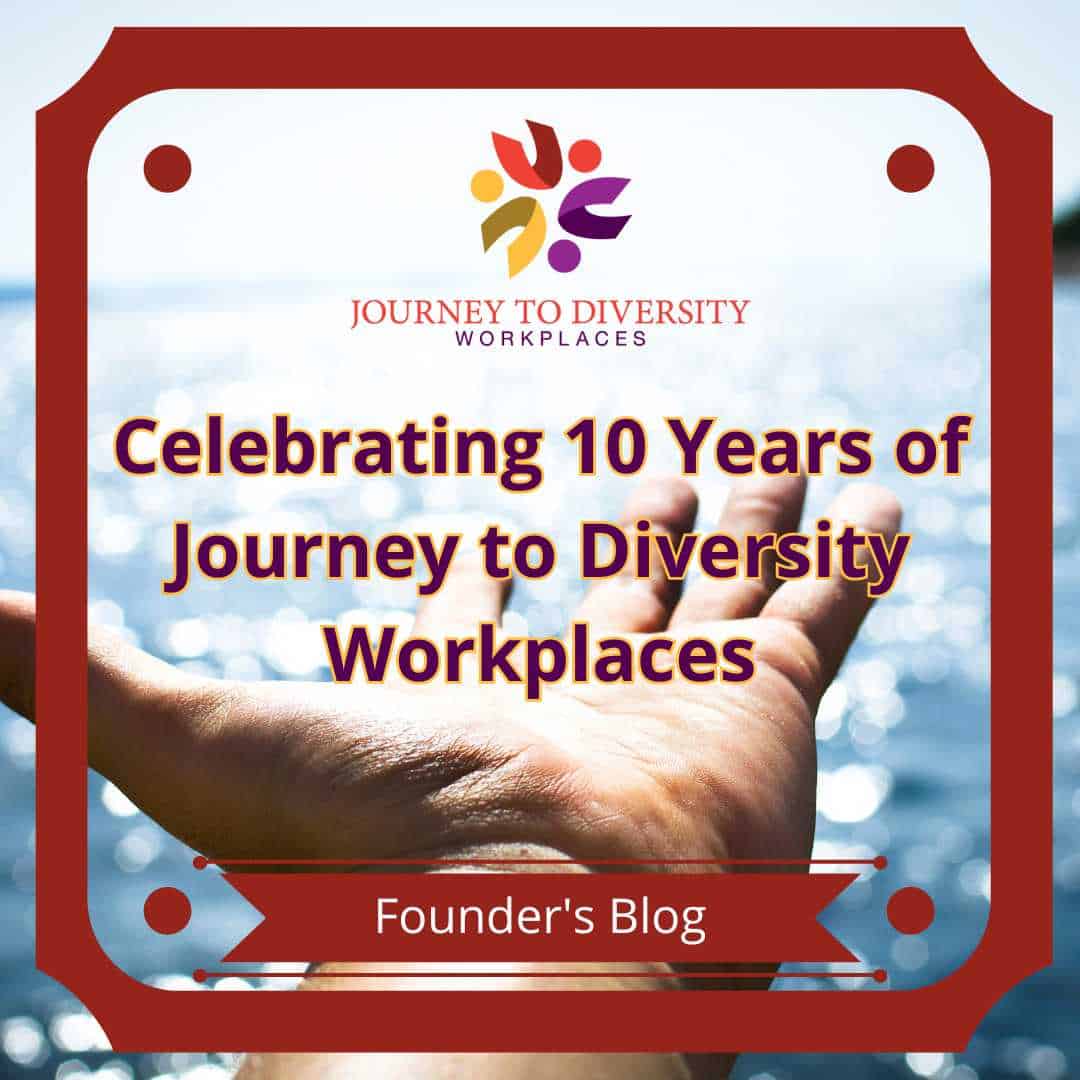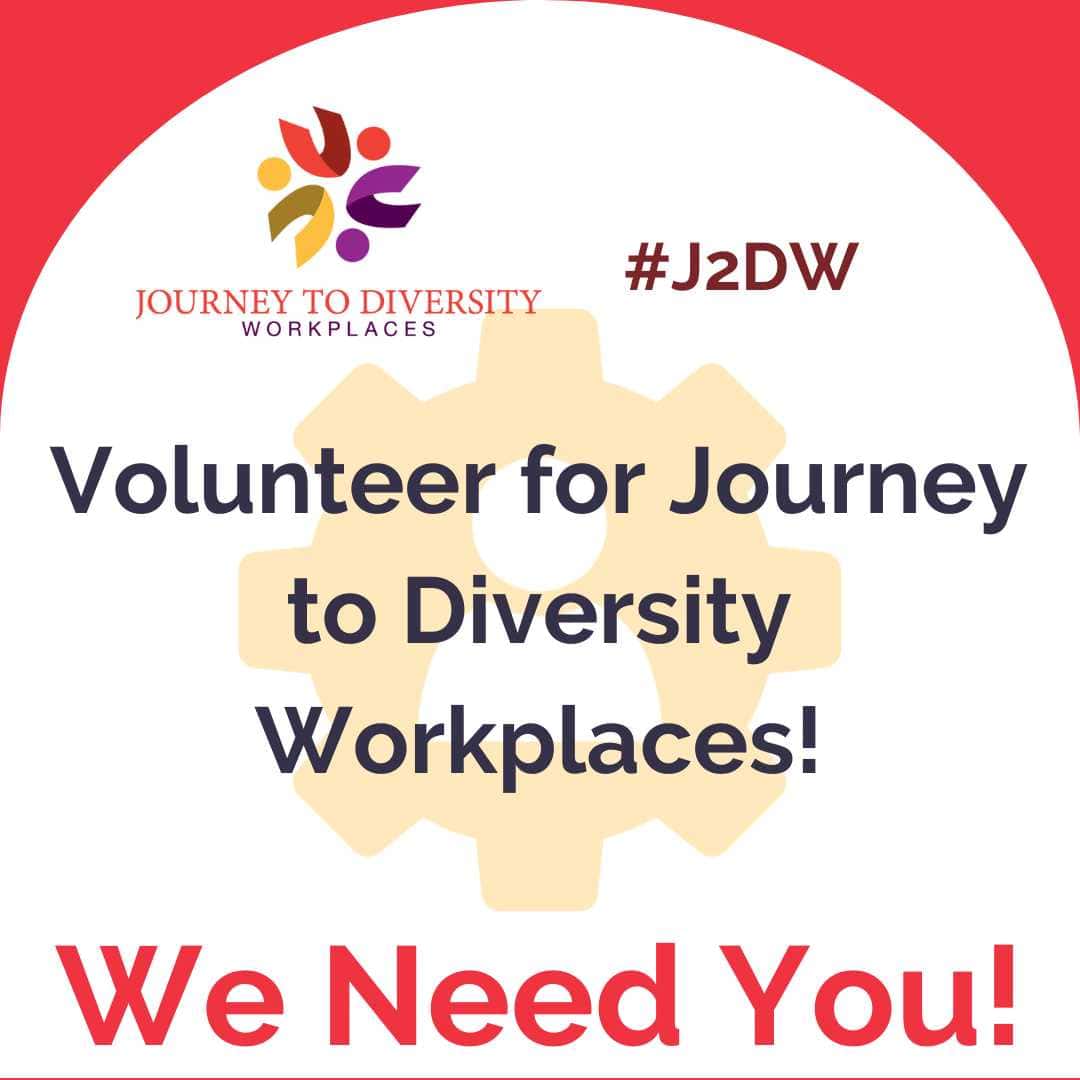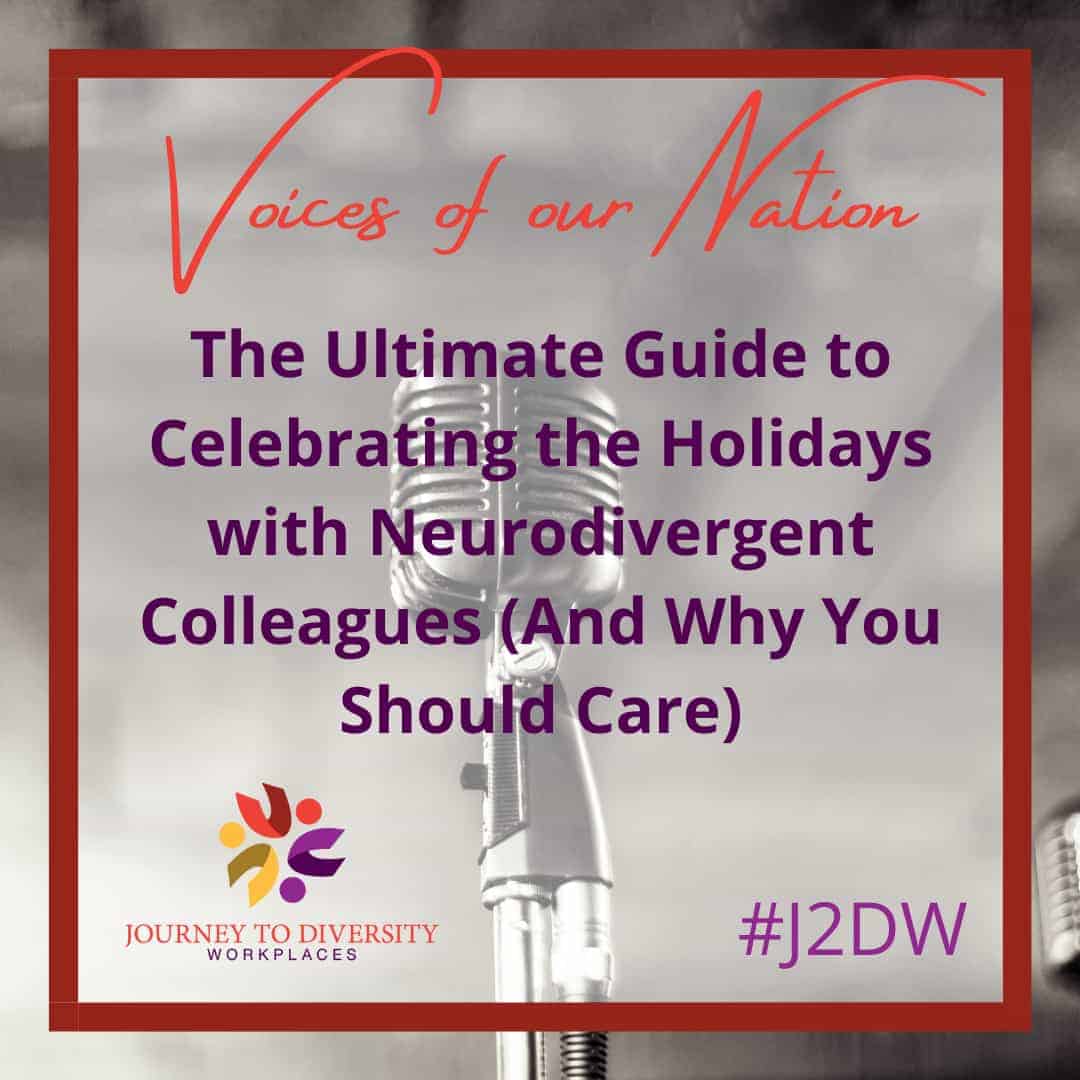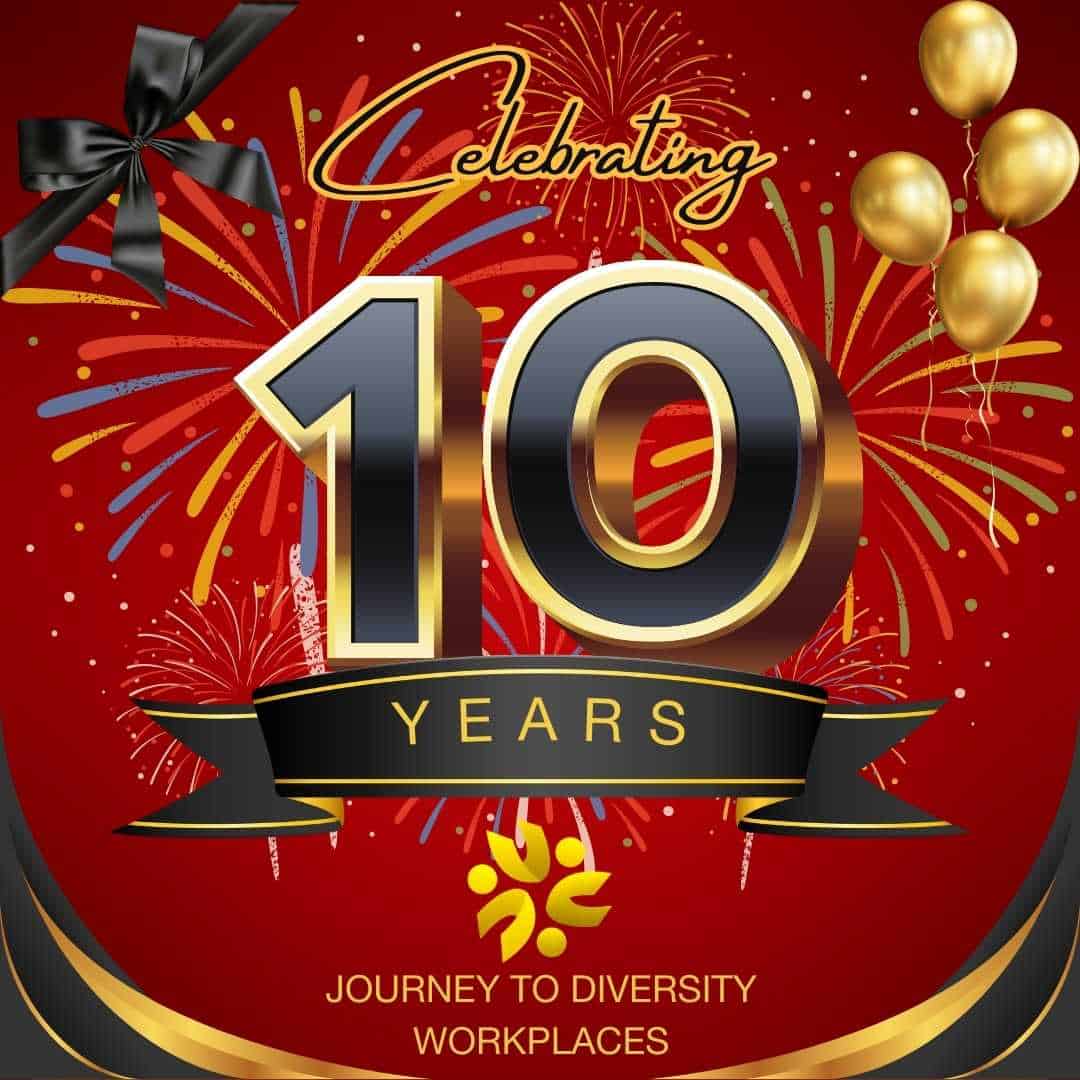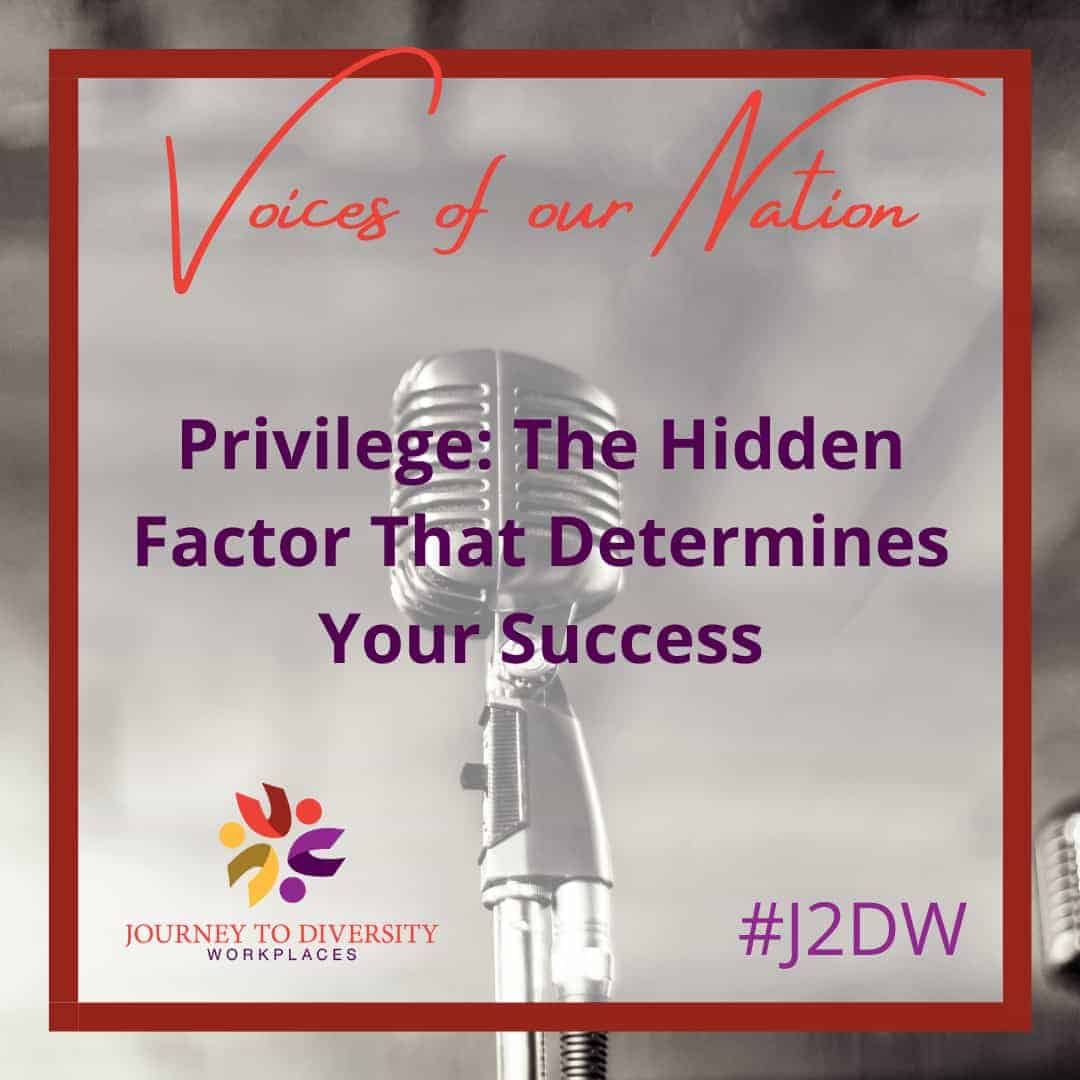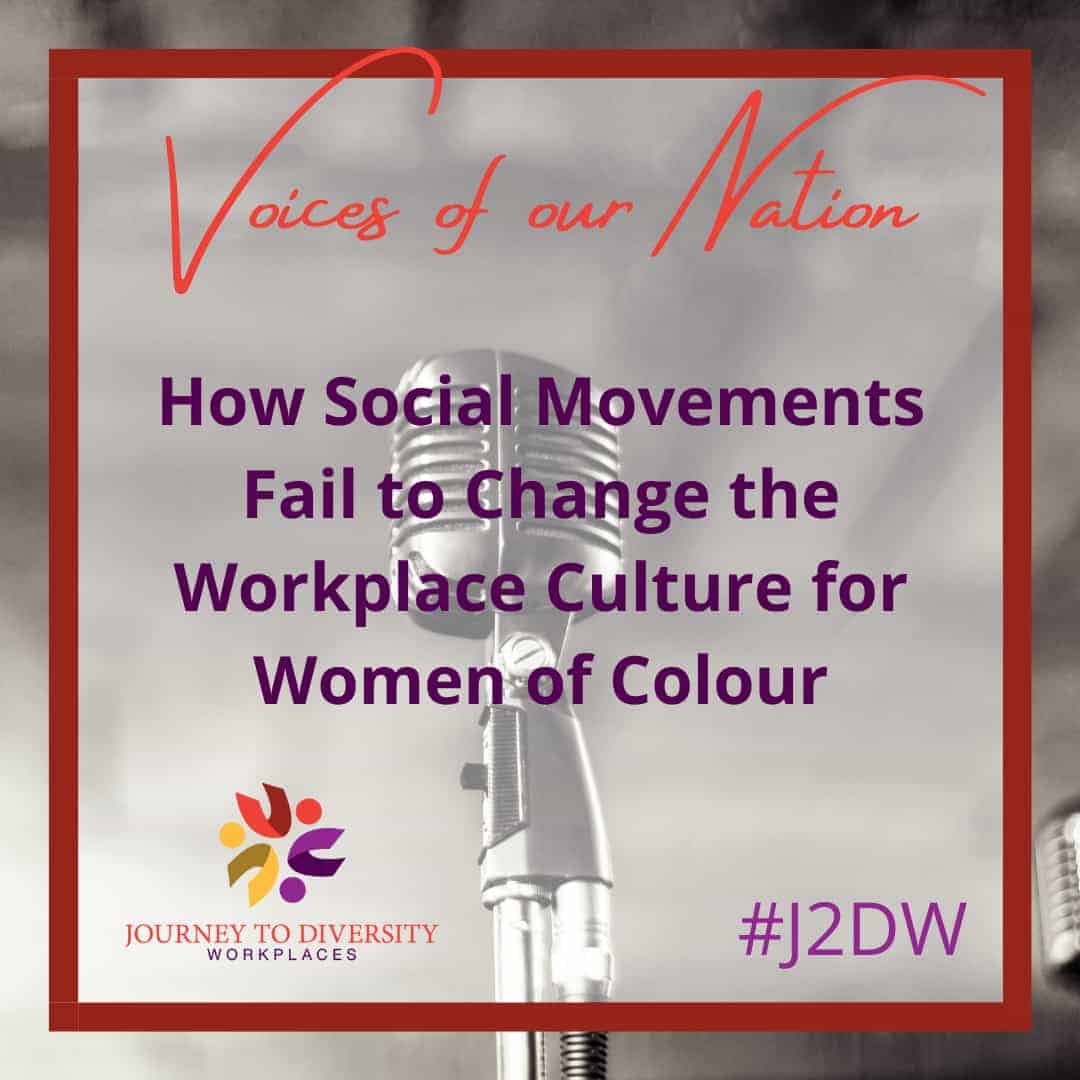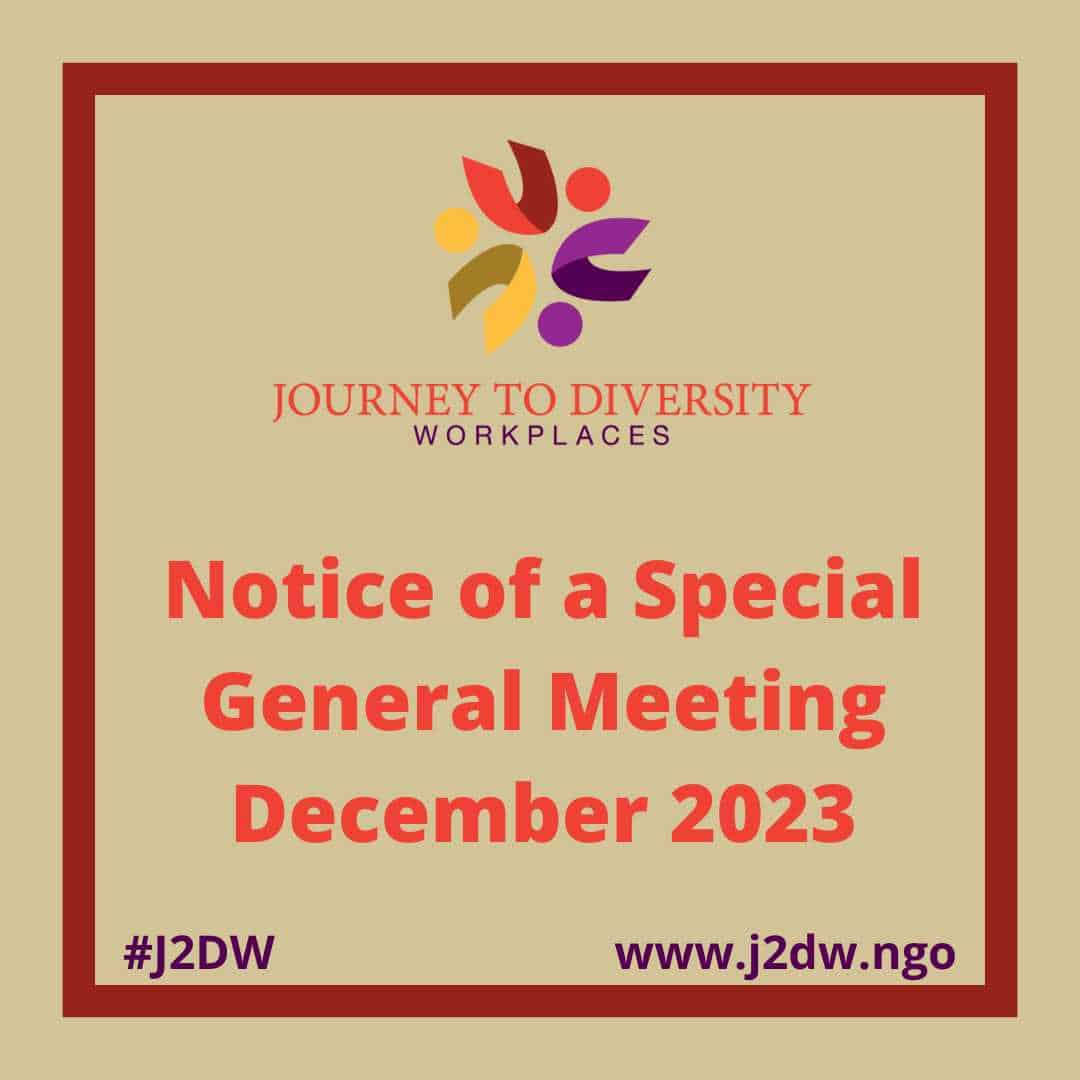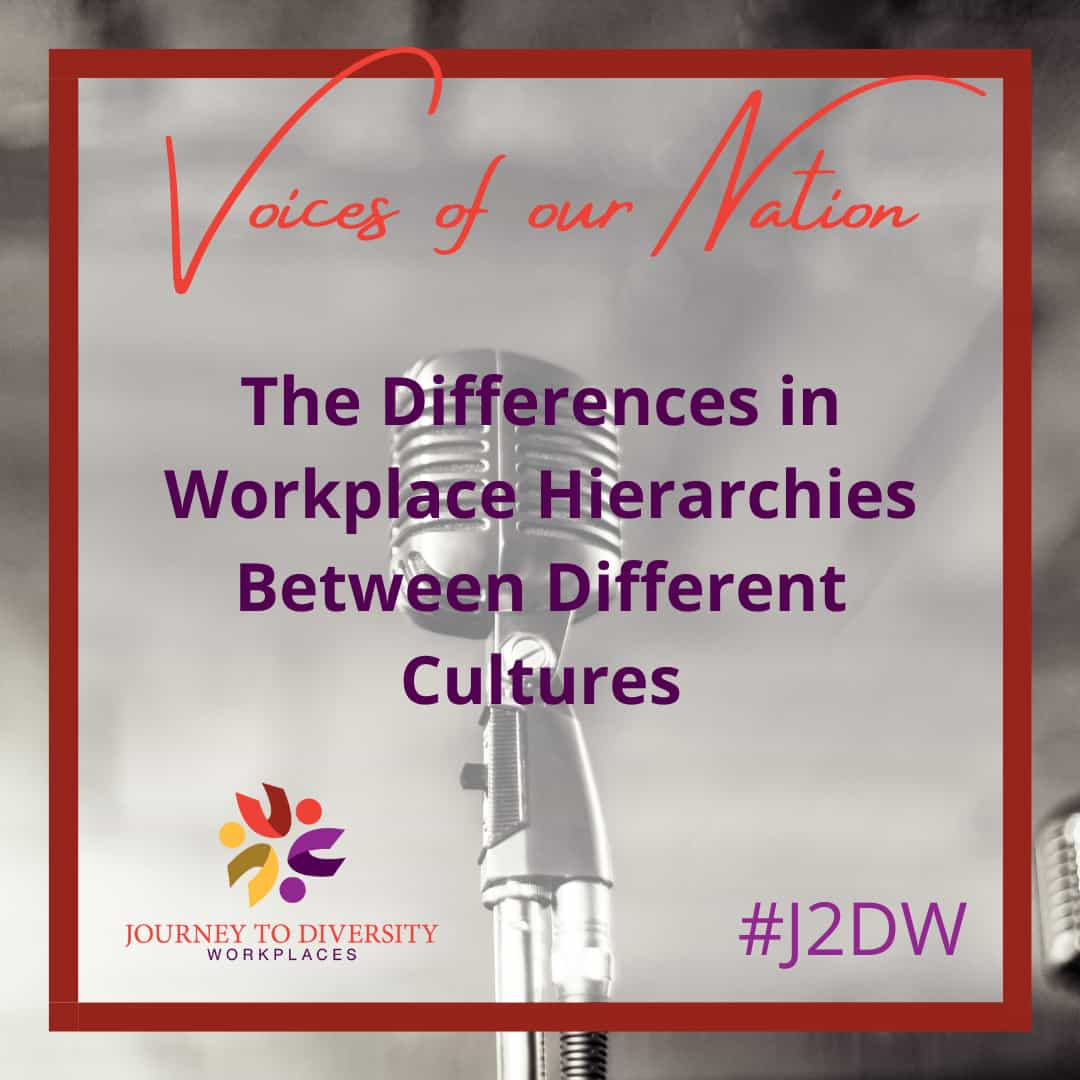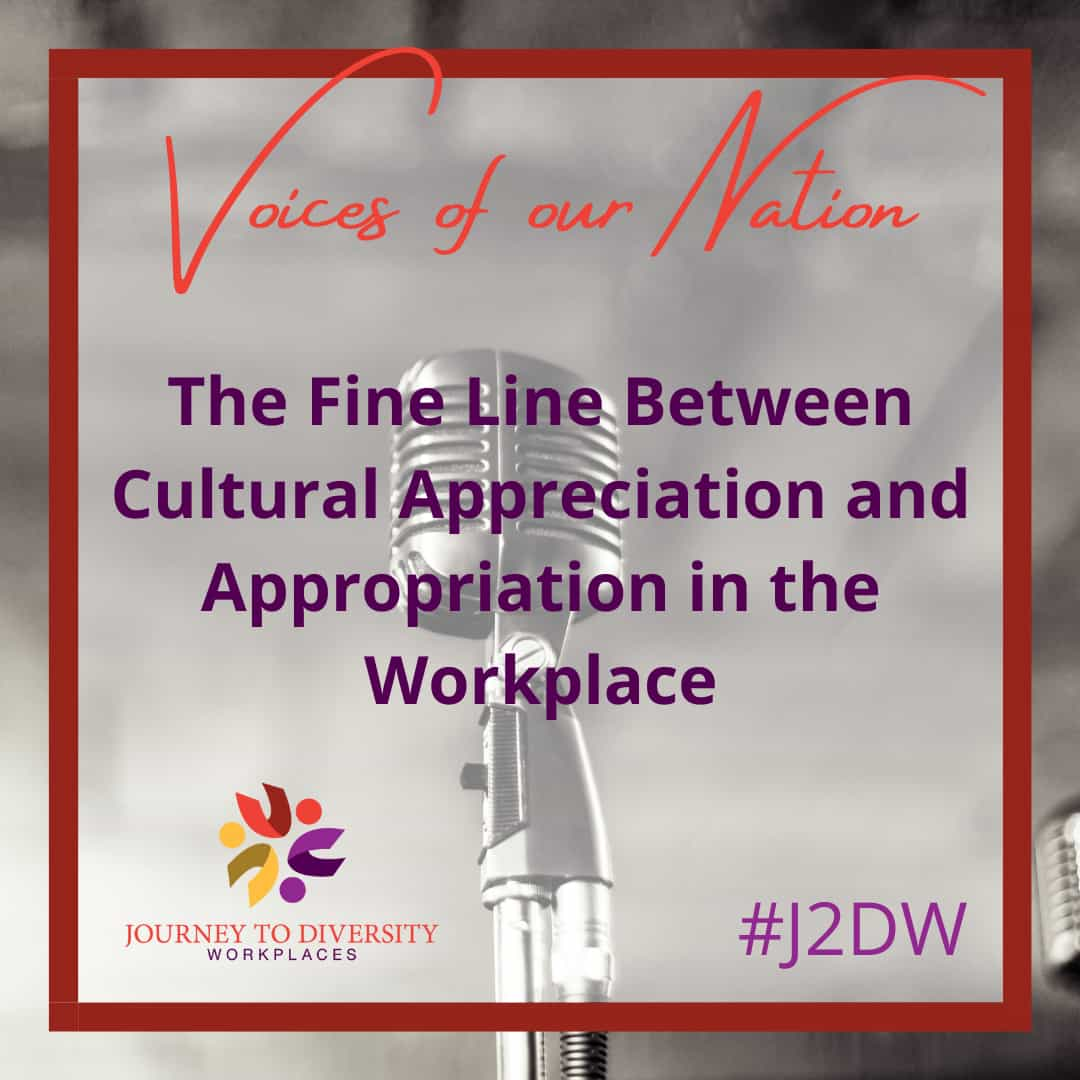Privilege. It seems that this word is thrown around quite freely these days. Whether it be internet trolls, passionate teenagers, or your average chronically-online individual, they all follow their own interpretation of privilege. But how much does anyone really know about it? Is it a good or a bad position to be in? How do we recognize it in ourselves and others, especially when intersectionality is considered? These are rudimentary questions for any employee and employer looking to become more knowledgeable, educated, and an active participant in the EDI (equity, diversity, and inclusion) conversation.
What comes to mind when you think of privilege? You’d be lying if you didn’t immediately picture something along the lines of a cisgender, heterosexual, white man, probably with generational wealth, sitting on his yacht and having the time of his life. But privilege comes in all forms and is evident in all our lives, even if it doesn’t follow the clear-cut, textbook definition illustrated in the previous example.
To examine the different facets of privilege in our lives, let us first determine how it operates in our societal structure. Privilege is a position to be had in a society where an individual benefits from their identification with a certain social group or aspect of their identity (Kish-Gephart et al., 2022). This permits them an inherent advantage in society and gives them the liberty to dream big and foresee a reality where these dreams are fulfilled. Some privileges are set from birth, such as race and ethnicity. Still, others, such as socioeconomic status, class, gender expression, and religious identity, can easily oscillate throughout the course of one’s life.
With this in mind, privilege becomes an untenured, ever-changing place in the societal hierarchy that directs your lifestyle and opportunities. You could be a queer person of colour, but your male gender identity and the fact that you are able to access and read this article, presume your class and academic privileges, which subsequently put you in a higher position of power and influence than many others. Understanding that there is no black-and-white nature to this concept will allow employers and employees to become more self-aware, accommodating, and compassionate towards their colleagues and themselves.
In a workplace setting, this topic can manifest itself in the hiring process, working environment, social events, promotions, and thus, one’s experience in the workplace. Classism refers to the subjective treatment of those of a certain social status (Kalita, 2023). One’s socioeconomic status ties in with their class, where those higher up on this hierarchy have access to greater resources and networks and can afford to participate in opportunities that will set them apart from other candidates and colleagues. Those living in remote, lower-income communities are more likely to encounter transportation delays, and might not have the luxury to stay late at work or participate in external social gatherings with colleagues, such as getting drinks at a bar on Friday nights to network, or work lunches every week for team building (Kalita, 2023). How is it that despite only getting paid for the standard 9-5, being an employee means you have to dedicate a part of your personal time to your work and have to pay for it yourself?
Instances of classism can feel mundane and insignificant to a person until they find themselves in a position where every penny starts to hold tenfolds of value. A relatable example would be the popular comedy series named ‘Schitt’s Creek’, where the once-wealthy Rose family loses all their money and finds themselves having to live at a motel in a small town called Schitt’s Creek. The family is instantly struck by the landfill of struggles and inaccessibility– a direct contrast from their comfortable, lavish lifestyle– and finds it difficult to be employed and sustain a basic lifestyle without their greater-than-life networks. Viewers easily digest this true fact– to attain the same opportunities as those with a higher class and socioeconomic status, individuals have to overcome countless external and situational obstacles and fight twice as hard to obtain respect from the world and for employers to consider them invaluable (Kish-Gephart et al., 2022).
By investigating the position of privilege that an individual’s social class puts them in and how easily this position can fluctuate, we are able to understand the importance of equity in the workplace. Regardless of the disadvantages that certain intersectionalities possess in our social structure, we all hold some form of privilege, and the problem arises when we turn a blind eye to it (Kish-Gephart et al., 2022). To be a great employer, one must check the privileges they bear, the assumptions they carry in the workplace, and operate with the intention of equity.
Reference
Kalita, S. M. (2023, July 25). How “professionalism” harms workers of color. Time. https://time.com/charter/6297289/professionalism-racism/
Kish-Gephart, J. J., Moergen, K. J. N., Tilton, J. D., & Gray, B. (2022). Social Class and Work: A Review and Organizing Framework. Journal of Management, 49(1), 509–565. https://doi.org/10.1177/01492063221076822
This article was written by summer student Ilesha Prabhudesai. This article was funded bythe Government of Canada.


